Even when you’re camping, having access to electricity is ideal for maintaining your comfort and quality of life on the road. RVs make this incredibly easy to do; however, there are certain risks that come with having an electrical hookup in your camper.
Electrical surges can occur with very little notice, and, if you aren’t prepared, they can fry your RV’s appliances, utilities, and even the core electrical system itself. In this ultimate guide to RV surge protection, we’ll discuss what this hazard is and how to protect your possessions with the right surge protector.
Understanding Electrical Surges
An electrical surge is a sudden increase in electrical current flowing through your RV’s power lines. These surges, if unchecked, can inflict severe damage to the electrical systems and appliances within an RV, leading to costly repairs or replacements.
Numerous factors can influence the occurrence of a surge, including lightning strikes, power outages, and faulty wiring. These surges are more than capable of damaging your RV’s air conditioning units, refrigerators, microwaves, and televisions.
Certain surge protector usage mistakes can also compromise your vehicle’s safety. These mistakes include connecting multiple protectors in series or using a protector with insufficient ratings for your RV’s power demand.
What To Know About RV Surge Protection
Surge protectors are essential for any RV owner looking to safeguard their vehicle’s electrical system and onboard appliances from unexpected voltage spikes. These devices work by regulating the flow of electricity and preventing it from exceeding safe levels. Surge protectors cut the power supply immediately when voltage spikes occur, protecting your RV’s electrical system from potential damage.

Types of RV Surge Protectors
Portable and hardwired are the primary types of RV surge protectors. Portable surge protectors are compact devices that plug directly into the RV’s power pedestal, while hardwired surge protectors install permanently in your vehicle’s electrical system.
Portable Surge Protectors
Portable surge protectors are a popular choice for many RV owners due to their convenience and ease of use. They come with a variety of features, such as LED indicators, USB ports, and surge status alerts.
The downside of portable surge protectors is that they are easier to steal or damage, and you will need to connect and disconnect them every time you move your RV. Additionally, they’re bulkier than hardwired surge protectors, which may take up valuable space in your RV’s storage compartments.
Hardwired Surge Protectors
Hardwired surge protectors are a more permanent option, as they hook up directly to your RV’s electrical system. They offer the benefit of not having to worry about theft or damage, and you won’t have to connect and disconnect them every time you move your RV.
However, they may require professional installation and can be more expensive than portable surge protectors.
How To Choose the Right RV Surge Protector
Choosing the right surge protector involves understanding your RV’s electrical setup, primarily its voltage and amperage requirements. Follow these detailed steps to ensure you make an informed choice:
- Assess your RV’s requirements: Determine whether your RV is 30 amp or 50 amp. This information is crucial in selecting the corresponding surge protector.
- Review surge protector specifications: Match the protector’s joule rating and protective features with your RV’s electrical needs.
- Consider portability and durability: Opt for a surge protector that is both easy to use and durable enough to withstand the elements.
- Find something reliable: There are many different RV surge protector products on the market, and choosing to buy from reputable brands can ensure you don’t purchase a faulty device.
Installation Process
The installation process varies slightly between models and manufacturers, so always consult your owner’s manual for more detailed guidance. However, the process generally involves connecting your surge protector to the RV park power source and then connecting your RV’s power cable to the surge protector.
Pro Safety Tip
Always turn off the power supply before making connections to avoid electrical shock.

Tips for Using and Maintaining Your RV Surge Protector
Using a surge protector for your RV is not a one-time task; it requires proper knowledge and maintenance to ensure continued protection. That’s why we also want to provide some important tips for using and maintaining your RV surge protector in our ultimate guide to RV surge protection. Here’s what you need to know:
- Use the surge protector for every campsite: It may seem obvious, but always remember to use your surge protector whenever you plug into an external power source. Even if the park has good power ratings, you never know when a sudden surge may occur.
- Protect your surge protector: Since it is an outdoor device, protect your surge protector from harsh weather conditions like rain and direct sunlight. Consider investing in a protective cover or storing it in a dry place when not in use.
- Monitor the fault indicators: Keep an eye on your surge protector’s fault indicators and address any issues immediately.
- Regularly test your surge protector: Test your surge protector at least once a year or after any major power event. This will help identify potential issues and ensure it is still functioning properly.
- Follow manufacturer instructions: Always refer to the manufacturer’s instructions for specific usage and maintenance guidelines. This will help you get the most out of your surge protector and keep it in good working condition.
Frequently Asked Questions About RV Surge Protectors
Q: Can I use my RV without a surge protector?
A: While you can, it’s not advisable. Operating without a surge protector leaves your vehicle vulnerable to unpredictable voltage spikes.
Q: Can my RV surge protector be out in the weather?
A: Most RV surge protectors can withstand adverse weather conditions. However, read the manufacturer’s recommendations concerning weather exposure to ensure your specific model is up to the task.
Q: How do I know if my surge protector is functioning correctly?
A: Most surge protectors have indicator lights that show power status and fault warnings. Consistent monitoring can ensure your unit is operational.
Q: What should I do if my surge protector indicates a wiring issue at an RV park?
A: Disconnect your RV immediately and report the issue to the park management. Using a miswired power source can be dangerous.
Q: What should I do if my surge protector has been hit by a significant surge?
A: After a large surge, inspect your surge protector for damage. Some models might need replacement after absorbing a significant surge to ensure future protection.
Investing in a reliable RV power surge protector is an essential step in protecting your mobile home and enjoying worry-free adventures. The selection at United RV Center features top products from several reliable brands, and we carry different types to offer the best match for your needs. Don’t leave your RV vulnerable to sudden electrical troubles; shop with us to preserve your comfort—and your appliances—for many trips to come.


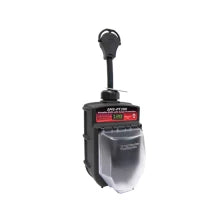
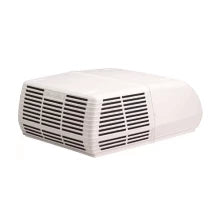
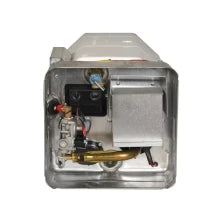
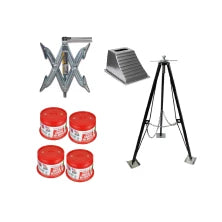
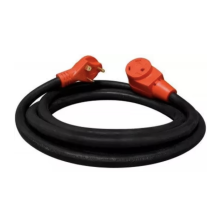
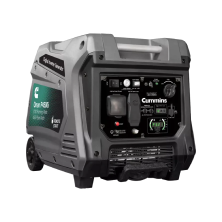
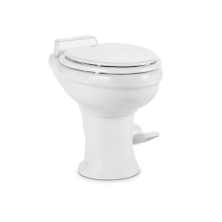
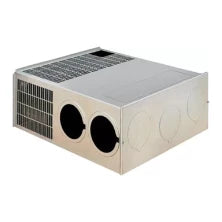

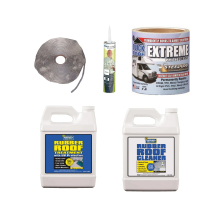
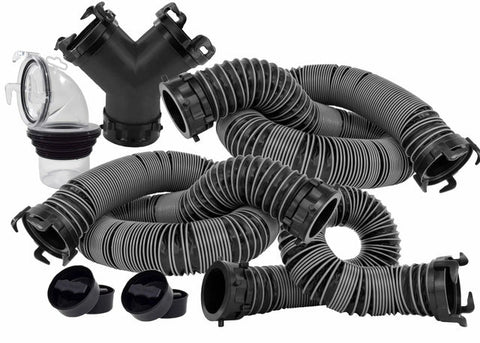
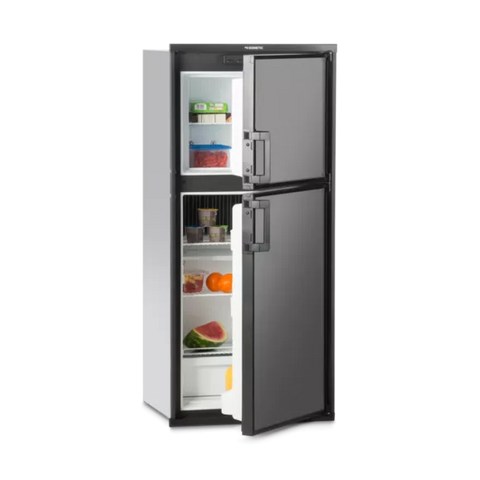
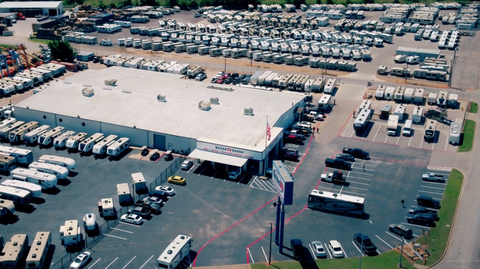
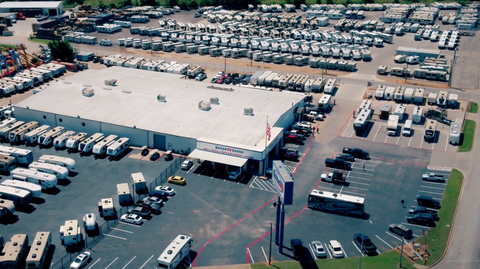
Comments (0)
There are no comments for this article. Be the first one to leave a message!